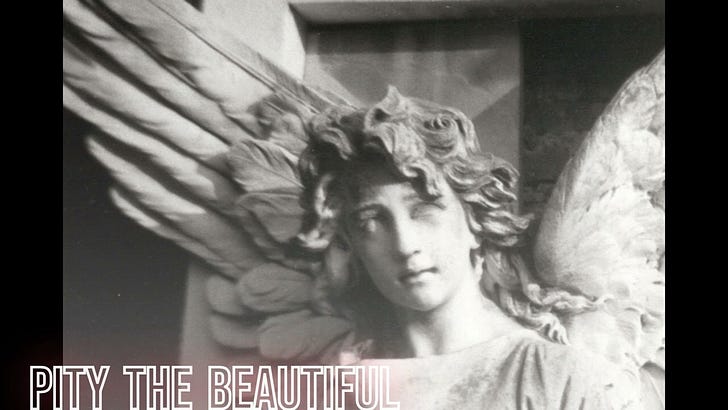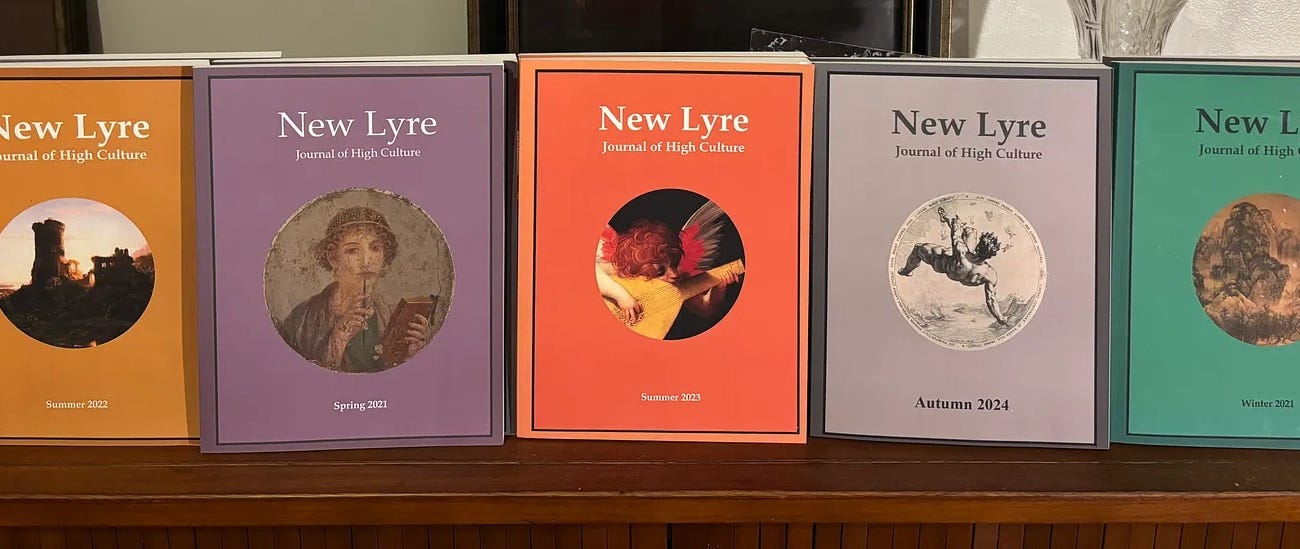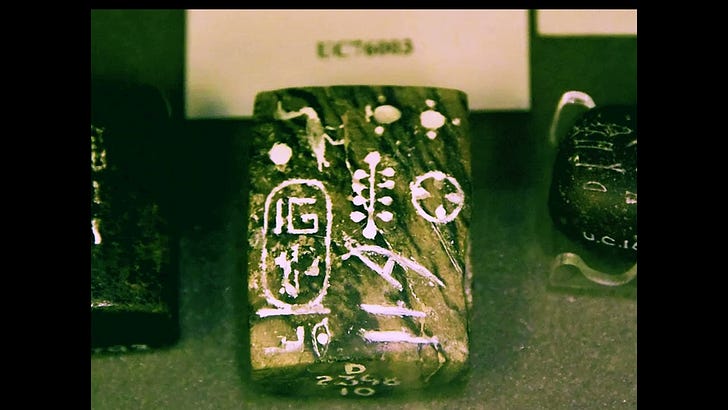Pity the beautiful,
the dolls, and the dishes,
the babes with big daddies
granting their wishes.
Pity the pretty boys,
the hunks, and Apollos,
the golden lads whom
success always follows.
The hotties, the knock-outs,
the tens out of ten,
the drop-dead gorgeous,
the great leading men.
Pity the faded,
the bloated, the blowsy,
the paunchy Adonis
whose luck’s gone lousy.
Pity the gods,
no longer divine.
Pity the night
the stars lose their shine.
The Angel with the Broken Wing by Dana Gioia
It is absurd to think that the only way to tell if a poem is lasting is to wait and see if it lasts. The right reader of a good poem can tell the moment it strikes him that he has taken an immortal wound – that he will never get over it. That is to say, permanence in poetry as in love is perceived instantly. It hasn't to await the test of time. The proof of a poem is not that we have never forgotten it, but that we knew at sight that we never could forget it.
The Burning Ladder
Dana Gioia was born in Hawthorne, California, on December 24, 1950. He received a BA from Stanford University. Before returning to Stanford to earn an MBA, he completed an MA in comparative literature at Harvard University, where he studied with the poets
The Last Man of K---
A young scribe working in a remote village encounters a strange traveler with an even stranger story. The last citizen of a once glorious civilization recounts the story of how his beloved city and people met their final fate.
Read Our Magazine
Paid subscribers can access all issues of our New Lyre Magazine at the bottom of this page.










I do! I do! (If that's all they have...)
For some reason I feel impelled to mention Mick Jagger in this particular context. (Perhaps because that's who Dana Gioia was thinking of?)
Your poem deserves better than only 3 comments, so I decided to make up for the small notice it's received and add at least a pennyworth.
I first learned of you quite a number of years ago, via an essay of yours, which I think gave your take on how poetry and poetry markets had evolved into their recent form. It was quite long ago that I read it, so please correct me if that capsulization of it is off, or wanting. I think the essay was and is well-known among the literary crowd. I remember thinking it was a good essay and made points that made sense.
I'm not certain, but the couple poems of yours I've seen here at David's little clubhouse recently might be the first samples of your poetry I've seen. If that's true--and possibly it isn't--it's probably because I haven't followed the poetry scene for so long. For some time now, I've devoted most of my reading hours to essays by thinkers. I'm drawn to the essay form and also to independent minds.
Your poem about pity appeals to me, as I said in my other response, especially because commiseration is what everyone should feel for everyone in the circumstances we all share and bear. Everyone's after all caught in the same trap, thus no different from anyone else in that most fundamental way. Yet most of the race seem to lack pity for all the rest. It is rare as intellect, rare as originality, rare as thoughtfulness. At least it looks that way to me.
So pity them all, big and small;
Like you, they're Nature's prey after all.